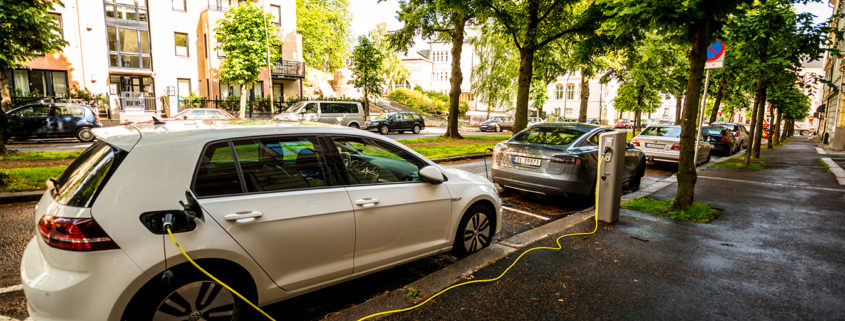Electric Cars Put Battery Metal Prices in Fast Lane
Demand for lithium, cobalt and nickel for batteries surged on the back of rising expectations about the move towards electric vehicles and the adoption and viability of large-scale energy storage. The prices of lithium and cobalt have more than doubled in the past year.
Andrew Miller, an analyst at Benchmark Minerals, which collects price data for the lithium-ion battery supply chain, said: “There is a big trend in the energy storage market and we’re now starting to see the beginnings of these big megafactories we’ve talked about.”

Tesla, the electric vehicle manufacturer, is building the best-known battery facility, its so-called gigafactory in Nevada. However, Benchmark calculates that there are 26 such factories under construction, although it will be several years before there is enough production of the commodities needed to make batteries to meet demand.
Peter Secker, chief executive of Bacanora Minerals, which is constructing a lithium mine in Mexico that is due to come into production in 2019, said: “It’s scary. The numbers are changing almost every day. Contract prices for lithium carbonate are at $13,000 a tonne, but spot prices far, far higher. The market is really tight.”
In September Great Wall Motors, a Chinese vehicle manufacturer, tried to secure a supply of lithium by buying a 3.5 per cent stake in Pilbara Minerals. Hanwa, a big trader of battery materials, has a 9 per cent stake in Bacanora. Despite being quoted on London’s junior market, Bacanora’s shareholder is dominated by big investors such as Blackrock, Capital Group and M&G, signalling the interest in lithium.
Glencore has been loudest among the big mining groups in talking up the prospects of battery technology for the commodities it produces. Its big copper mines in the Democratic Republic of Congo and Zambia have the added benefit of producing cobalt as a byproduct, unlike operations in Chile and Peru.

Glencore recently cited data from CRU, a consultancy, suggesting that the growth in electric vehicles and the consequent increase in grid infrastructure and charging kit would require additional copper equivalent to 18 per cent of global supply and a fourfold increase in the amount of cobalt.
Mr Miller warned that a lithium supply crunch was looming. “There’s no question of there not being enough of this stuff out there, but it’s whether it will come in the time period that Volkswagen or BMW want it to,” he said.
Published by The Times – View Article Here.



